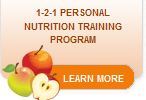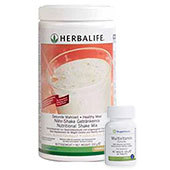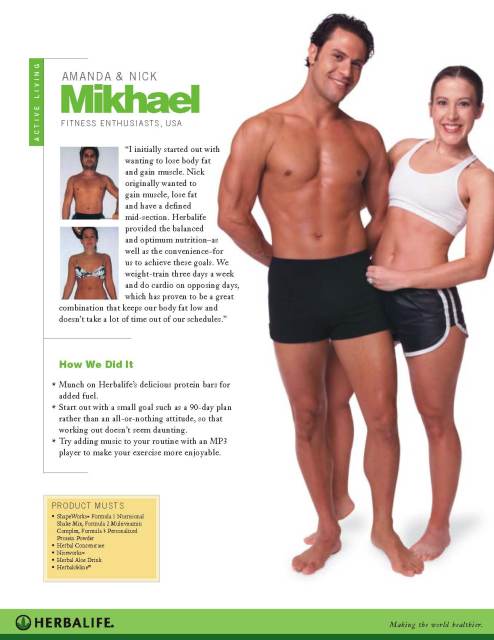Ideal Breakfast
Question
QUESTION: Hi Laurie,
I have 2 questions-
1. What would you recommend having for breakfast? Anythin specific you recommend getting from the local grocery store?
I am 30, weigh 158 lbs and 6 feet tall. I am trying to stay away from milk, and because of that, cereal is out.
I have been told by a few health-conscious folks and have also read articles about how milk, after a certain age, doesn't really do all that good; on the contrary, it makes even people who are not lactose-tolerant, intolerant after a while.
Is it with ALL dairy, or just milk?
I'd like to know your views on this.
2. What natural way would you advise in keeping blood pressure in check? Mine is what they call high normal, but I still want to get the number down.
I read that bananas and garlic are good. Is it true?
Thanks
ANSWER: Dear Matthew,
What a person has for breakfast is totally a matter of individual preference (given there are no health issues present). Keep in mind that breakfast should provide 25% of the daily value for nutrients. Having a sweet breakfast, like a donut, isn't going to provide much in the way of nutrition, but will provide lots of calories.
An ideal breakfast is healthy, reasonable calorie level, and contains a source of protein to help tide you over through mid-morning.
I do think milk is a good source of nutrition. It's difficult to get that much calcium and riboflavin from any food source that isn't dairy. You could also use soy milk or rice milk if you do like cereal (which can be a fantastic source of fiber).
Also remember there's no rule about breakfast foods having to be typical eggs/toast/pancakes, etc. If you want a turkey sandwich or a slice of leftover pizza, that's up to you!
The diet advised for keeping blood pressure controlled is called the DASH diet. It stands for Dietary Approaches to Stop Hypertension. The DASH download from the National Institute of Health (http://www.nhlbi.nih.gov/health/public/heart/hbp/dash/new_dash.pdf) outlines in detail how to follow. It's basically lower in sodium that the typical American diet and higher in minerals like potassium and calcium. This combination has been shown to lower blood pressure.
---------- FOLLOW-UP ----------
QUESTION: Laurie,
Thanks a bunch for that link!
What should be my minimum and maximum daily intake of potassium, in terms of mg? Like I said, my blood pressure is high normal, and I want to keep it in check.
How much calcium is there in a glass of "regular" and "light" milk? And how much calcium should I consume on a daily basis?
Thanks
Dear Matthew,
Here is a link about calcium (http://pods.dasnr.okstate.edu/docushare/dsweb/Get/Document-2402/T-3150web.pdf). The daily reference value (like the old RDA) is about 1000 milligrams. A glass of milk has close to 300 milligrams, so there's not another source quite that high! There is the same amount in low fat or skim milk as in whole milk.
It's hard to get a low potassium diet because it's found in so many foods, especially fruits and vegetables. The daily value is 3500 milligrams. Most people don't get "too much" either. Here's some info from the USDA on potassium http://www.csrees.usda.gov/nea/food/pdfs/hhs_facts_sodium.pdf
Glad you find links useful--I have plenty of those :)
Laurie
- Prev:Vitamin B
- Next:Dieting Help
Related Articles
-
Need to lose weight .... badly
QuestionHi, I need to lose about 55 kg (more or less) in order t
-
sugar substitute
QuestionQUESTION: Hello Is there a satisfactory alternative to su
-
food/endurance combo
QuestionI always hear that eating breakfast helps to keep you in
-
tobiko
Questionhow much fat and calories are in tobiko? AnswerHello Joa
-
Did my plan to loss weight harmful to health?
QuestionAm 23 years old. My height 154cm & my weight 72kg. i will
-
Question about chinese food take-out
QuestionI have heard that most take-out chinese food is very high




